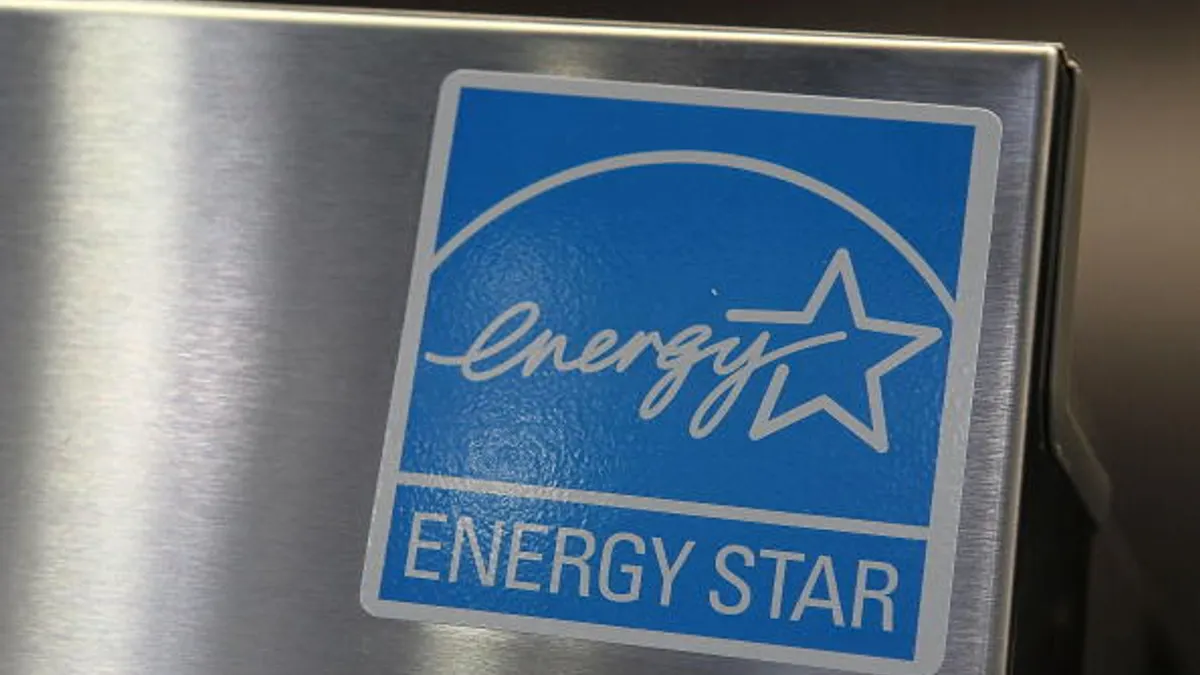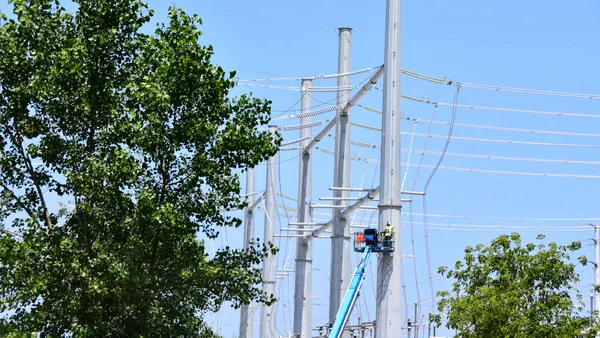Dive Brief:
- With the end to the Texas legislative session fast approaching, no lawmaker has stepped forward with a bill to back Oncor's proposal to install several gigawatts of battery storage in the state. The April 3 deadline to introduce new bills this session came and went without storage legislation, perhaps indicating the aggressive plan was slightly ahead of its time.
- In November, the utility indicated it would ask state regulators to authorize about $5.2 billion in expenses to pursue a storage solution to better integrate wind and solar into the grid. The company also needed legislative approval to fund the investment, as utilities currently cannot own grid-scale battery storage in Texas, the Dallas Business Journal reports.
- Despite the delay in this plan, however, Oncor CEO Bob Shapard has hinted the utility sees the battery storage plan as economical within the next two years.
Dive Insight:
Oncor's plan to install 3-5 GW of grid-integrated, distributed electricity storage into the Texas grid made quite a stir when the utility said it would ask state legislators to back the plan. But Dallas Business Journal (DBJ) points out that the plan appears to have been a non-starter, at least initially, and the company says it was simply beginning a conversation about storage potential when it raised the idea.
The problem is that state law prohibits the transmission and distribution utility from owning the batteries or selling the power into the grid, and would have needed legislative changes to move ahead, in addition to determining who would pay for the project.
The head of the Senate Natural Resources and Economic Development committee told DBJ that the proposal simply wasn't economical yet. Sen. Troy Fraser (R) said he remains "very bullish on the future of batteries in Texas." And Oncor CEO Shapard has said he expects by 2017 the value of battery storage will be obvious.
Research last year completed by the Brattle Group and backed by Oncor found installing battery storage to solve renewable integration issues could be done at a cost of $350/kWh.













